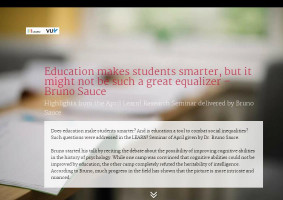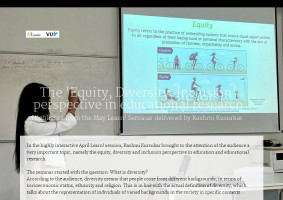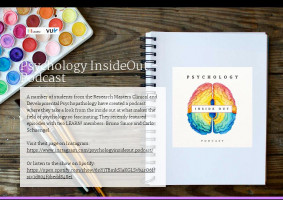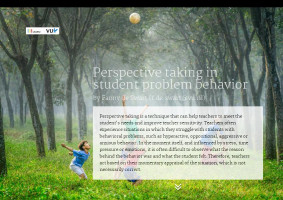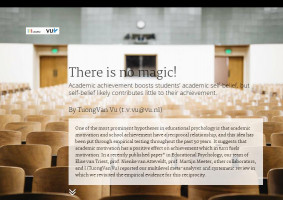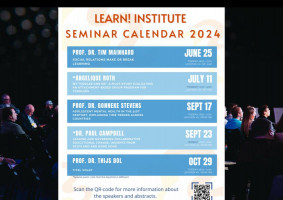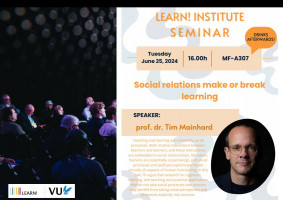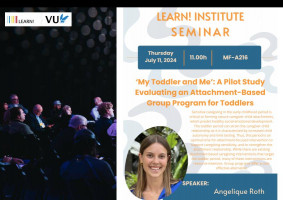Does education make students smarter? And is education a tool to combat social inequalities?
Such questions were addressed in the LEARN! Seminar of April given by Dr. Bruno Sauce.
Bruno started his talk by reciting the debate about the possibility of improving cognitive abilities in the history of psychology. While one camp was convinced that cognitive abilities could not be improved by education; the other camp completely refuted the heritability of intelligence. According to Bruno, much progress in the field has shown that the picture is more intricate and nuanced.
He then outlined the difficulty of disentangling education, intelligence and socio-economic status (SES) since SES is known as a strong predictor for educational attainment while education attainment can be predicted by genetic make-up.
In the large IMAGEN consortium study, Bruno and colleagues tried to isolate the effect of natural brain maturation to study the effect of socioeconomic inequalities on educational attainment. The data from over 500 participants at 14 and 19 years of age showed that both socio-economical background and genetic factors impacted the development of cognitive abilities and brain maturation.
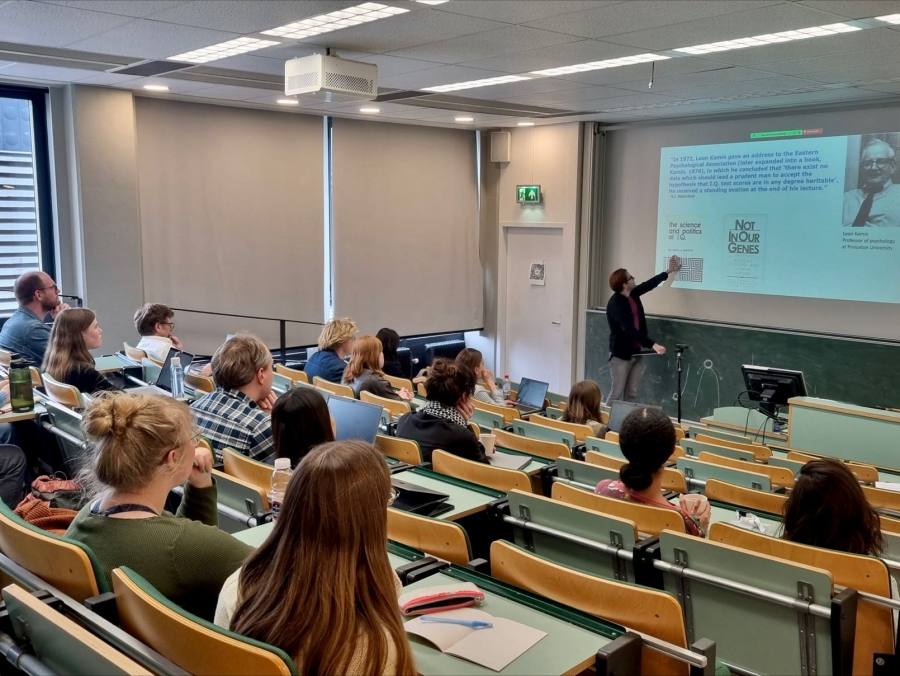
In addition to educational attainment, Bruno and colleagues delved deeper in the actual learning process by conducting an intervention study comparing a group of participants receiving 25 days of intense cognitive training with a control group assessed over long time spans. Their findings suggested that cognitive gains from 2 years of development and from 25 days of learning are related to the same genetic factors: flexible genes that interplay with experiences. This means that children develop partly from cognitive challenges (for example, schooling or playing an educational app), and not from purely natural maturation.
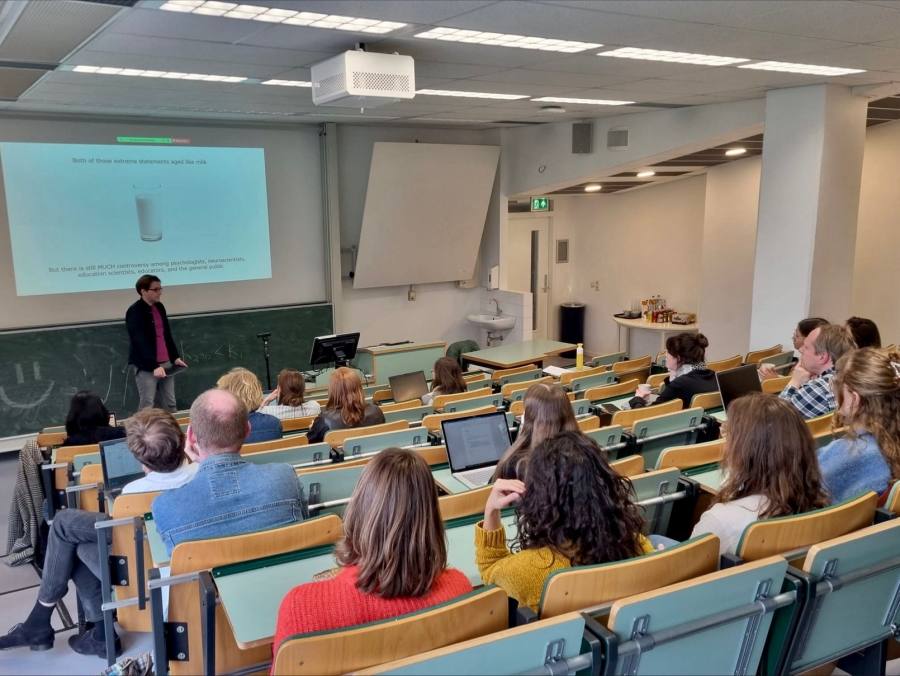
To further investigate causal evidence, Bruno and colleagues capitalized on the American schooling system where children with birthdays only a few days apart might enroll in different grades because of an arbitrary cut-off for entry. These children are the same biological age but might have a different number of years of education. This provided a natural experiment setting to study the effect of schooling separate from that of natural development. They found that schooling caused a larger difference in intelligence than either SES or genetic factors.
_w900_h630_1.jpg)
He ended his talk with the question whether schools lessen or widen the initial gaps in cognitive abilities due to genetic and economic inequalities? In the same study, Bruno and colleagues then looked for whether the effect of genes or SES could be different depending on the amount of education one gets. Their findings indicate that schooling, at least in their dataset, was not a major driving force for either increasing or decreasing the differences due to genetic make-up or socio-economic background. Overall, Bruno’s studies indicate rather convincing evidence that education makes us smarter but there’s currently weak support for that education is the remedy for social inequalities.





